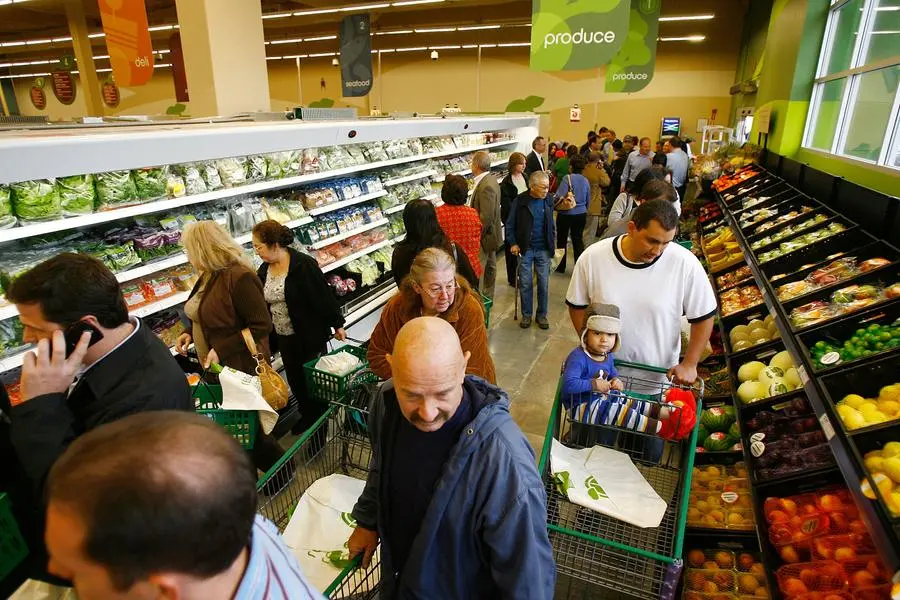PHOTO
LONDON - British inflation rose to its highest in eight months in November but an underlying measure of price growth watched closely by the Bank of England held steady, offering the central bank a little bit of relief.
Consumer prices rose by an annual 2.6% in November, up from an increase of 2.3% in October and moving further away from September's 1.7% rise - which had been the first time in almost three and a half years that inflation fell below the BoE's 2% target.
The increase was the largest since March and in line with economists' expectations in a Reuters poll.
The BoE - which is expected to keep interest rates on hold on Thursday after its December meeting - predicted consumer price inflation in November would be 2.4% when it published a set of projections six weeks ago.
Services inflation - which the BoE views as a key measure of domestically generated price pressure - held at 5.0% in November unchanged from October, the Office for National Statistics said.
The BoE had expected it to dip to 4.9% in November.
The economists polled by Reuters had mostly expected a slight increase in service price inflation to 5.1%.
Sterling dipped against the dollar after the data was published.
The BoE has said it will move only gradually with cuts to interest rates despite signs that Britain's economy is losing momentum.
(Writing by William Schomberg; editing by David Milliken)





















